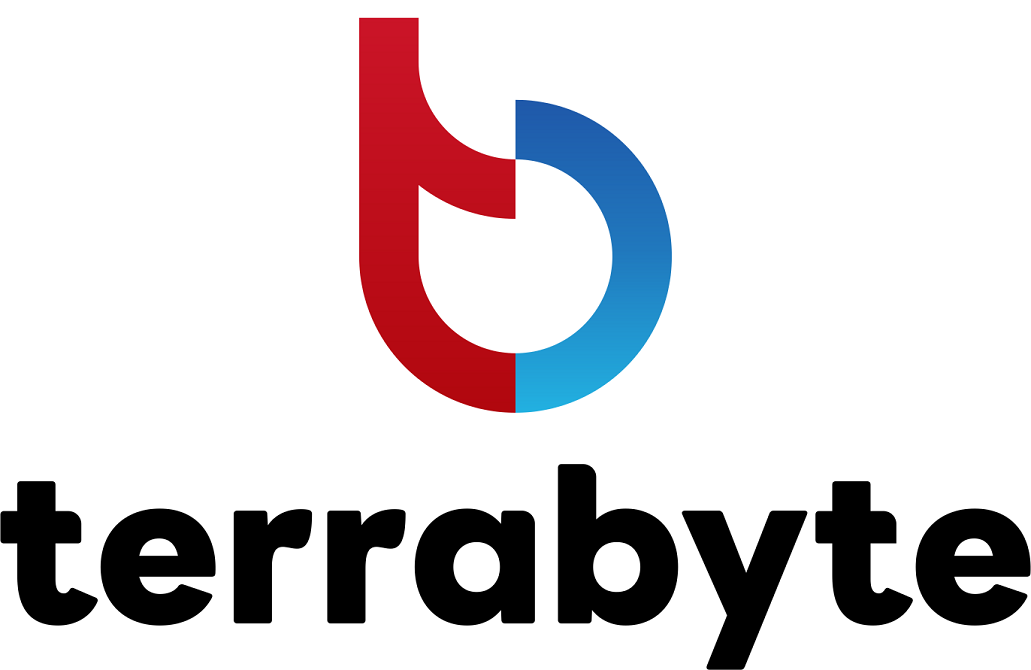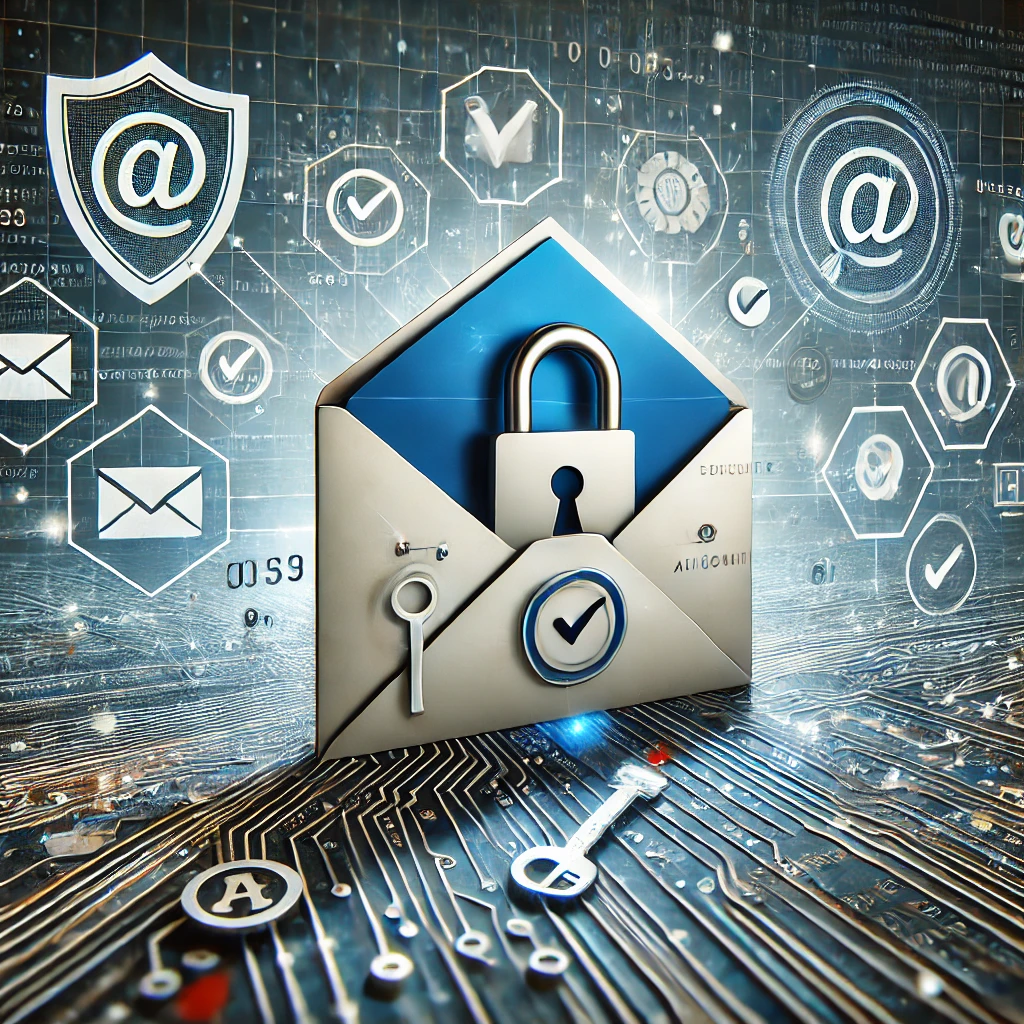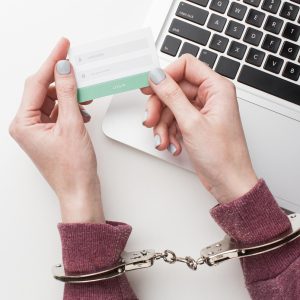In today’s digital landscape, email authentication has become essential for businesses looking to secure their communications and protect their reputation. Whether you’re a large enterprise or a small business, ensuring your emails are legitimate is critical to avoiding cyberattacks and ensuring your messages are delivered to the inbox instead of being marked as spam.
What is Email Authentication?
Email authentication refers to the process of verifying that an email message comes from who it claims to be. It helps ISPs (Internet Service Providers) determine whether an email is sent by an authorized source. This process ensures that the emails reaching recipients are safe and come from verified, trusted sources.
There are several email authentication protocols designed to prevent email spoofing, phishing attacks, and unauthorized sending. The main methods include SPF (Sender Policy Framework), DKIM (DomainKeys Identified Mail), and DMARC (Domain-based Message Authentication, Reporting & Conformance).
Why Email Authentication is Important
1. Prevent Phishing Attacks:
Email phishing is a common tactic used by cybercriminals to trick individuals into providing sensitive information. Email authentication protects your customers and business by ensuring your emails are not spoofed or used in phishing attacks.
2. Enhance Email Deliverability:
Email authentication plays a key role in ensuring your emails land in the recipient’s inbox rather than being marked as spam. ISPs and email service providers are more likely to deliver authenticated emails, which improves your email marketing results.
3. Boost Your Brand Reputation:
A lack of email authentication can damage your brand’s reputation. If attackers impersonate your domain to send malicious emails, recipients may lose trust in your brand. **Authenticated emails** add a layer of trust and credibility to your communication.
4. Comply with Industry Standards:
Many industry regulations and best practices require businesses to use email authentication to protect against fraud and unauthorized use. Implementing these protocols ensures that your company complies with the latest email security standards.
Key Email Authentication Protocols
1. SPF (Sender Policy Framework):
SPF is an authentication method that allows the owner of a domain to specify which mail servers are permitted to send email on behalf of the domain. When a recipient’s email server receives an email, SPF checks if the sending server is on the list of authorized IP addresses.
2. DKIM (DomainKeys Identified Mail):
DKIM adds a digital signature to the email header, allowing the recipient’s server to verify that the email was not altered during transit. It uses cryptographic authentication to ensure the integrity of the email content.
3. DMARC (Domain-based Message Authentication, Reporting & Conformance):
DMARC builds on SPF and DKIM to give domain owners the ability to specify how to handle unauthenticated emails. DMARC helps prevent domain spoofing and provides a reporting mechanism for email security issues.
How to Implement Email Authentication
To implement email authentication, follow these steps:
1. Set Up SPF Records:
Update your domain’s DNS records to include an SPF record, specifying which mail servers can send emails from your domain.
2. Configure DKIM Signatures:
Generate a DKIM key pair and publish the public key in your domain’s DNS. Configure your email server to sign outgoing messages with the private key.
3. Implement DMARC Policy:
Create a DMARC record in your DNS, specifying how to handle unauthenticated emails. You can start with a “monitor” policy to collect data and adjust the settings over time.
4. Monitor and Update Regularly:
Keep track of email authentication reports, and adjust your SPF, DKIM, and DMARC policies as needed. Regular monitoring helps identify potential threats and ensures that your email systems are secure.
Conclusion
Email authentication is a crucial aspect of modern email security. By implementing SPF, DKIM, and DMARC protocols, businesses can protect their brand reputation, improve deliverability, and guard against cyber threats such as phishing and email spoofing. With these security measures in place, your emails are more likely to reach the inbox and be trusted by your recipients.
Don’t leave your email communications vulnerable—ensure your email authentication is properly configured and regularly maintained to stay ahead in the ever-evolving digital landscape.
Need email security service for your company? Contact Terrabyte now to get best solution for your business





